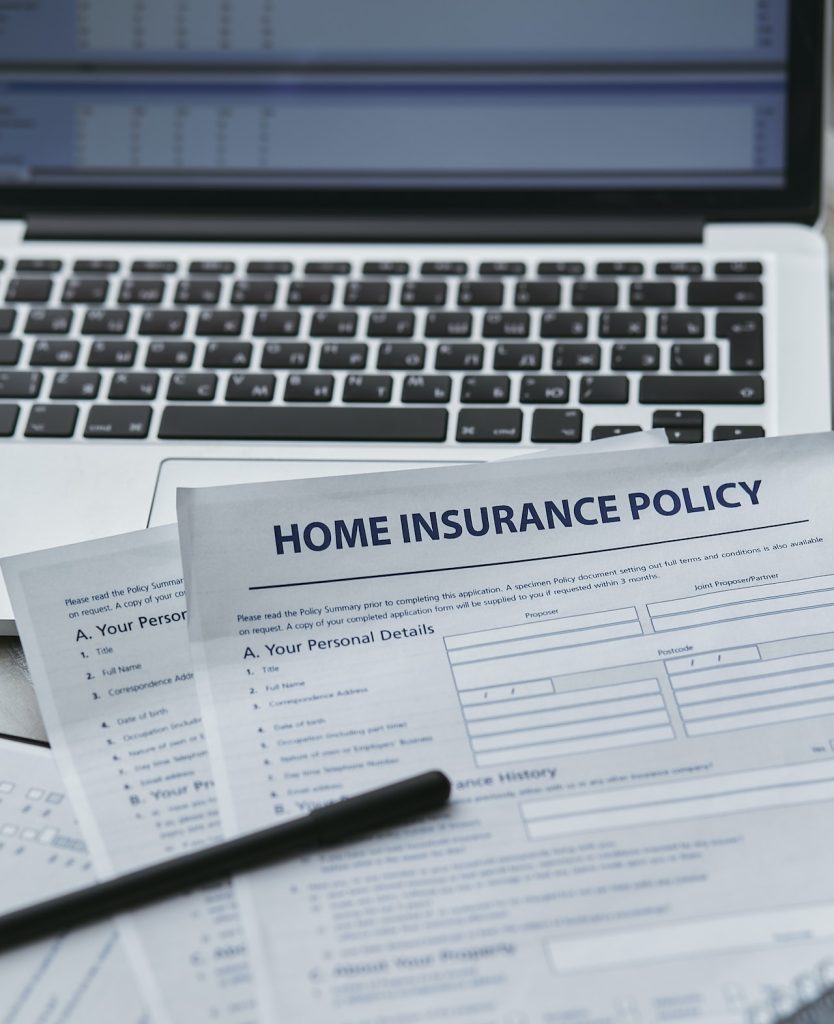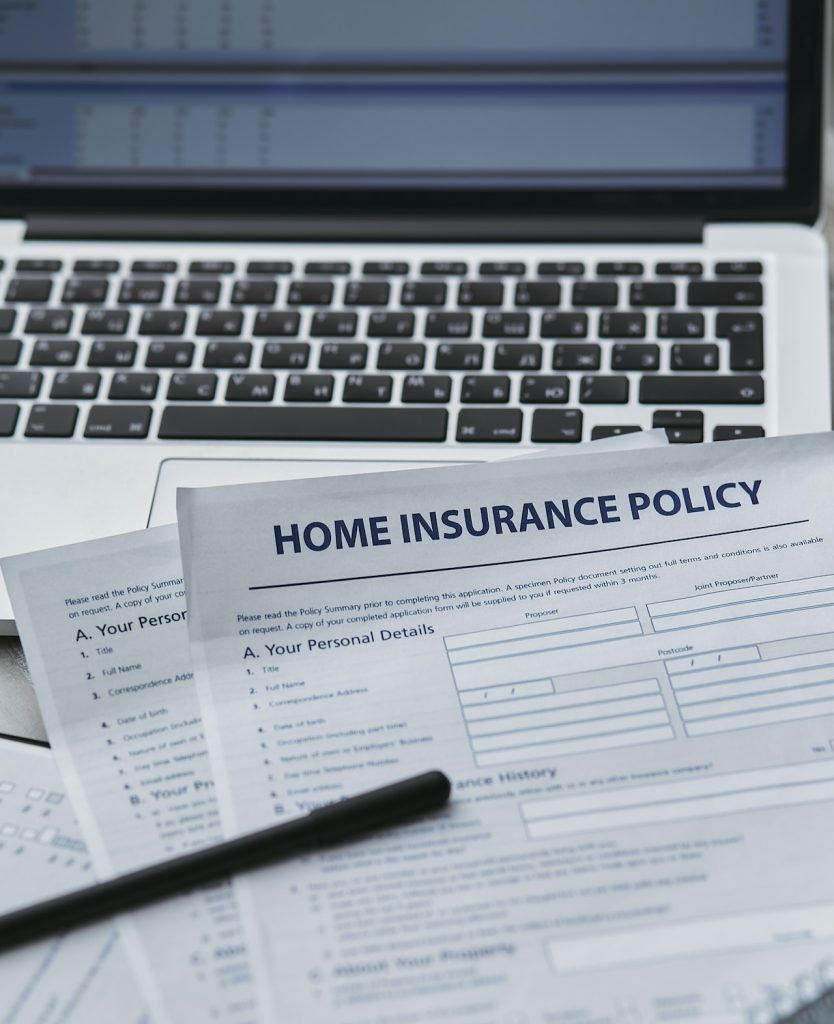Home insurance is a critical aspect of protecting your most valuable asset. It provides coverage for property damage, theft, liability, and more. When searching for home insurance, it’s important to understand the factors that influence your premium rates. By gaining insight into these factors and taking proactive measures, you can potentially reduce your premiums and secure the best rates available.

In this comprehensive guide, we will delve into the key factors that affect home insurance premiums and provide valuable tips on how to obtain the most favorable rates for your home insurance policy.
Location
The location of your property is a significant factor that insurers consider when determining your home insurance premiums. Insurance companies assess the risk associated with the area where your home is situated. Factors such as crime rates, proximity to fire stations, and vulnerability to natural disasters play a role in setting premium rates.
Homes located in areas with higher crime rates or prone to natural disasters generally have higher premiums due to the increased likelihood of claims. To mitigate this risk and potentially lower your premiums, consider investing in security measures such as alarm systems, surveillance cameras, or reinforced doors and windows. Additionally, residing in close proximity to fire stations and hydrants can positively impact your premiums.
Home Value and Rebuilding Costs
The value of your home and the cost to rebuild it are essential factors that directly impact your insurance premiums. Insurance companies assess the replacement cost of your home, which includes materials, labor, and construction expenses. Higher-value homes typically have higher premiums due to the increased replacement costs associated with rebuilding or repairs. However, you can take steps to reduce your premiums without compromising coverage.
Start by ensuring that your home insurance policy accurately reflects the current value of your property. Periodically review and update your coverage to align with any changes in the real estate market or home improvements that could affect your home’s value. Additionally, inquire with your insurer about available discounts for security systems, fire-resistant features, or renovations that enhance safety and durability.
Deductible Amount
The deductible is the amount you must pay out of pocket before your insurance coverage kicks in. Choosing a higher deductible can significantly impact your premiums, often resulting in lower rates. However, it is crucial to consider your financial situation and ability to cover the deductible in the event of a claim. Set a deductible amount that strikes a balance between reducing your premiums and ensuring you can comfortably afford the out-of-pocket expense if needed.

Home Age and Condition
The age and condition of your home play a vital role in determining your home insurance premiums. Older homes may have higher premiums due to potential risks associated with outdated electrical systems, plumbing, or structural issues.
Regular maintenance, renovations, and upgrades can help improve your home’s condition and potentially lower your premiums. It’s important to communicate any significant improvements or renovations to your insurance provider, as they may qualify you for discounts. By addressing maintenance issues promptly and keeping your home in good condition, you can demonstrate to insurers that you are proactive in minimizing potential risks.
Claims History
Your claims history has a direct impact on your home insurance premiums. Insurance companies assess your risk profile based on your past claims. If you have a history of frequent claims, insurers may perceive you as a higher risk and charge higher premiums accordingly. To maintain lower premiums, it’s essential to file claims judiciously. Consider paying for minor repairs out of pocket when it makes financial sense, as small claims can still impact your rates. By doing so, you can avoid accumulating a history of claims that may result in higher premiums.
Credit Score
In many regions, credit scores are used as a factor in determining home insurance premiums. Insurance companies view individuals with higher credit scores as more responsible and less likely to file claims. Maintaining a good credit score can help you secure better rates on your home insurance policy. Regularly monitor your credit score and take steps to improve it if necessary, such as paying bills on time and reducing credit card debt. A higher credit score can demonstrate your financial stability and responsible behavior, potentially leading to lower insurance premiums.
Discounts and Bundling
Insurance providers often offer various discounts that can help lower your home insurance premiums. These discounts can include bundling your home and auto insurance policies, installing security systems, having a fire-resistant roof, or being a non-smoker.
Inquire with your insurance provider about the available discounts and explore ways to qualify for them. Bundling your insurance policies with the same provider can often lead to significant savings. Installing security measures such as alarm systems, motion sensors, or surveillance cameras can also result in discounts. Furthermore, if you’ve recently renovated your home to include safety features such as fire alarms, sprinkler systems, or impact-resistant windows, make sure to inform your insurer, as these upgrades may qualify you for additional discounts.
Conclusion
Understanding the factors that influence home insurance premiums empowers homeowners to make informed decisions and potentially lower their insurance costs. Factors such as location, home value, deductible amount, home age, claims history, credit score, and available discounts all play a significant role in determining your premiums.
By taking proactive steps such as enhancing security, maintaining your home’s condition, managing claims judiciously, and improving your credit score, you can potentially reduce your premiums without compromising coverage. It’s important to shop around and compare quotes from different insurers to ensure you’re getting the best rates and coverage for your specific needs. With a well-informed approach, you can secure a comprehensive home insurance policy at the most competitive price available.
